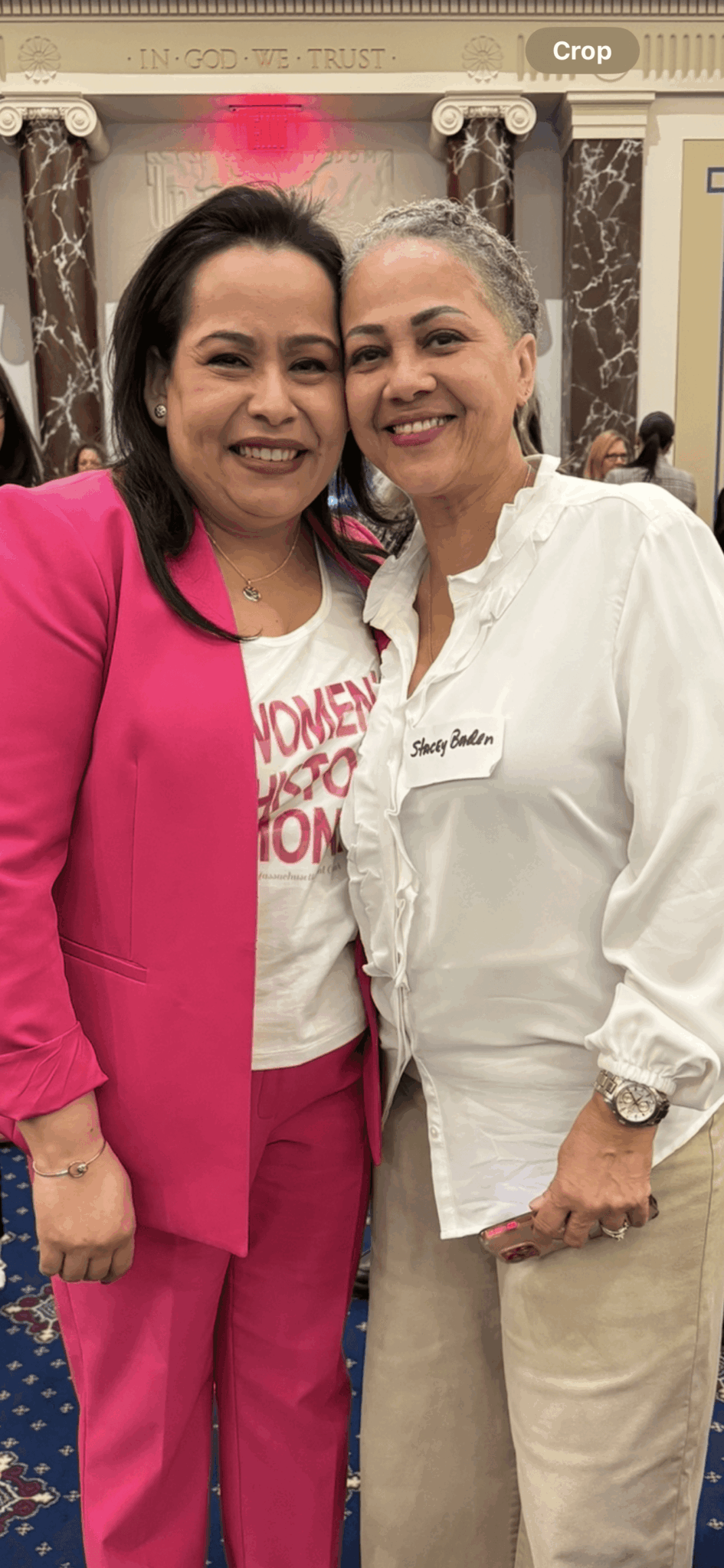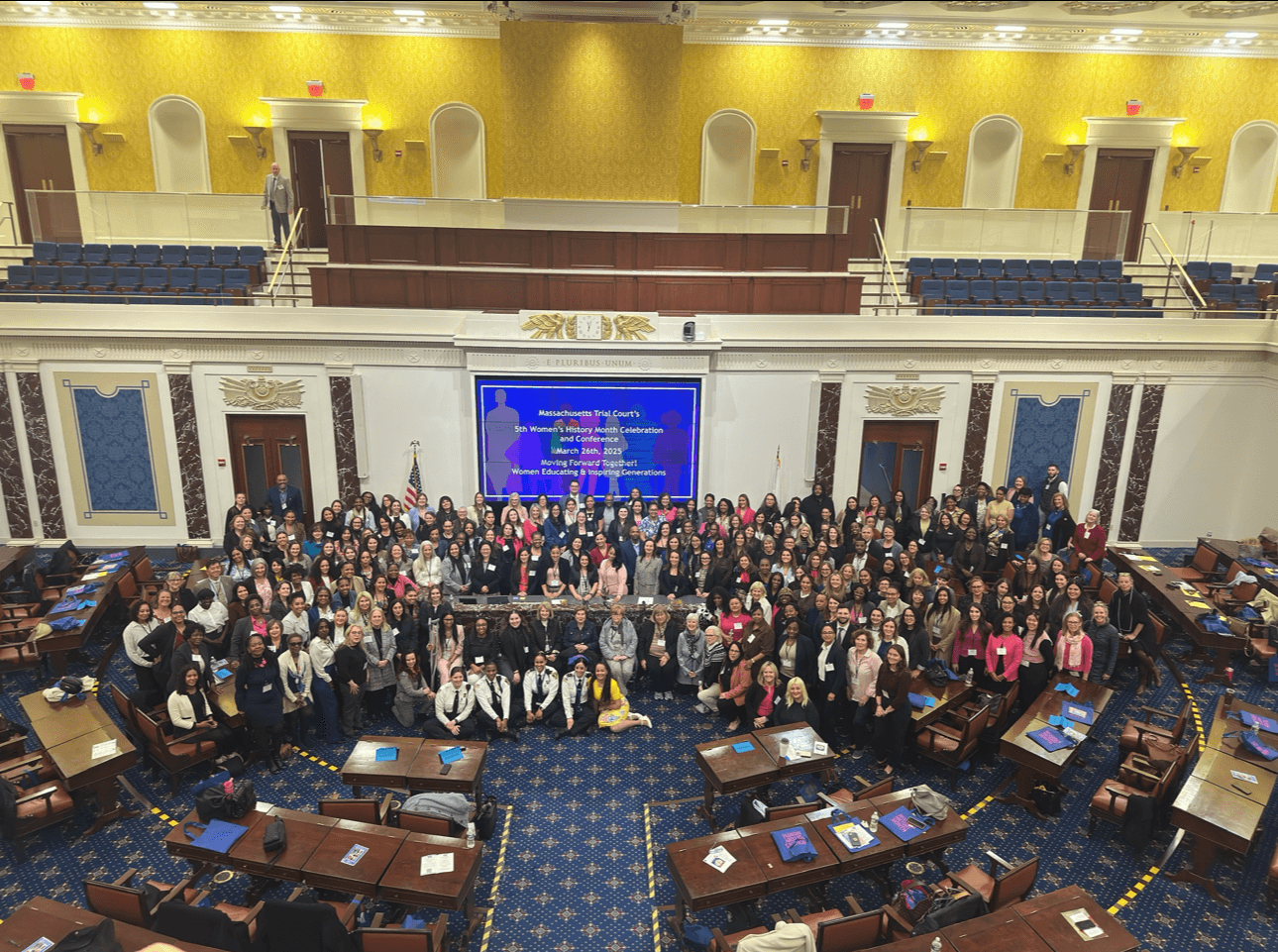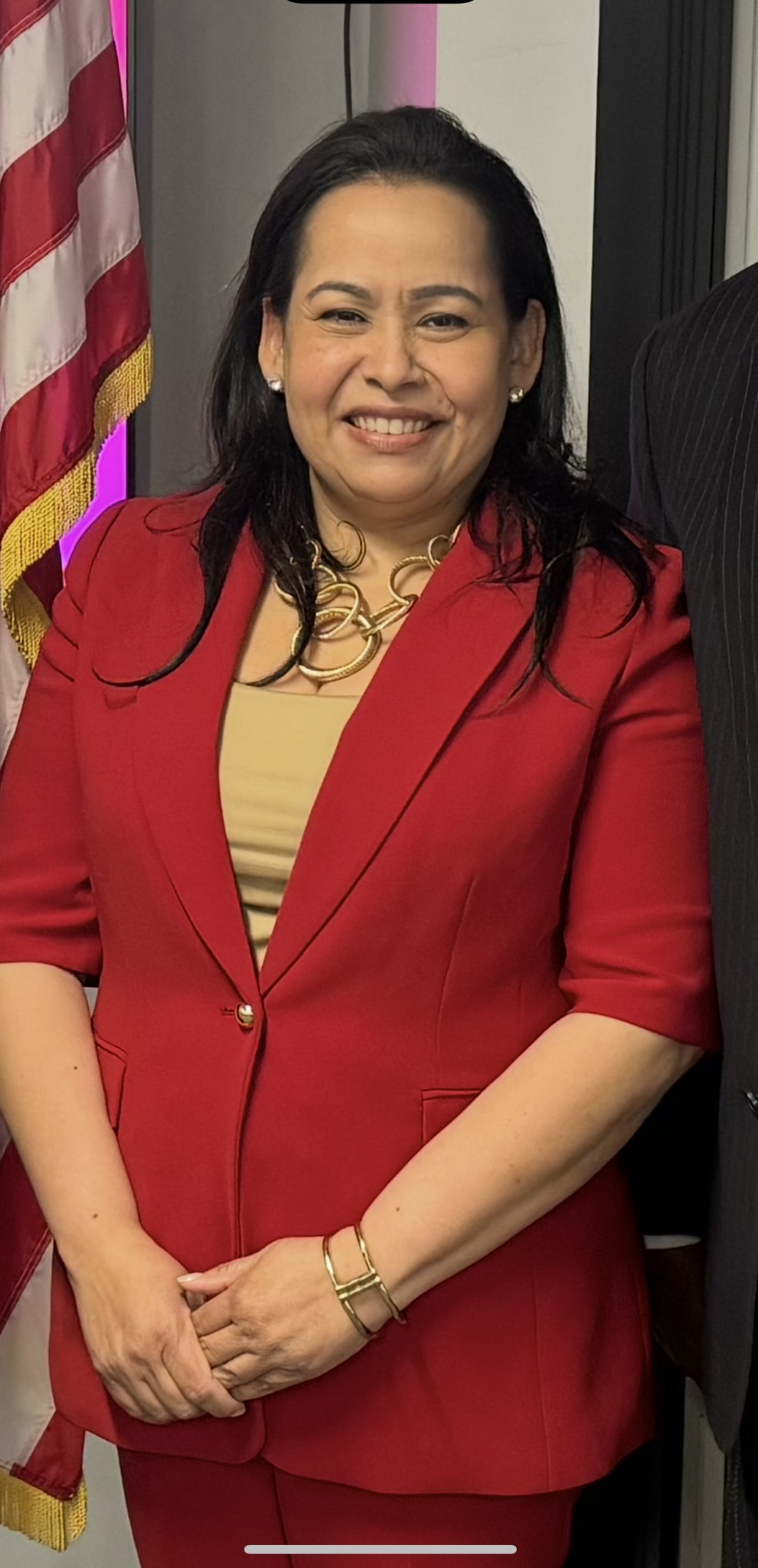We were lucky to catch up with Carmen Gomez recently and have shared our conversation below.
Carmen, appreciate you joining us today. Is there a lesson you learned in school that’s stuck with you and has meaningfully impacted your journey?
I moved to Cambridge, Massachusetts, from Puerto Rico at fifteen, not speaking English, and attended the Cambridge Rindge and Latin High School. The school is well known for its athletics, academics, innovation, and proximity to some of the best colleges in the country. I was nervous but ready to make friends and learn English to prepare for college. Two years passed, and it was time to start the college application process. By this time, I had significantly improved in learning the language, made many friends, and attended every possible school event and party within a five-mile radius. I met with my guidance counselor, who gave me a to-do list. Getting letters of recommendation was one of the items on the list, and one I thought would be simple to accomplish. I made an appointment with my English teacher as I worked the hardest on this class. I prepared for the meeting as best I could.
Things were done differently then, with no electronic submissions or Google to answer my questions. The next day, I was outside his door by 2:45 pm for a 3:00 pm appointment. I was excited because this would get me closer to finishing this process. I went in and asked him to write me a letter of recommendation. I handed him the form, but he handed it back to me. He said, I only support students who have ‘exhibited’ excellence during their four years of high school. I didn’t know what to do or say. I wanted to punch him in the face, but I didn’t want to get spelled or arrested, and that was against my value system. I wanted to call him an—— in Spanish, but I was afraid that the Spanish teacher whose classroom was next door would hear me and decide not to write me a letter. I thanked him and walked away, but something unexpected happened: I started to raise my head, my shoulders were back and strong, I had a kick in my step, and I felt something I didn’t initially recognize. At that moment, I decided never to allow anyone to define excellence for me. The next day, I asked another teacher who wrote a glowing recommendation and offered to review my application and essay.
I graduated and went on with life. Probably ten or twelve years later, I met the new principal. He invited me to visit the school and speak to the student body. I shared this story with them. Surprisingly, the English teacher was still there. He looked old, fragile, but more insignificant than ever. I wondered if he remembered me or one of the events that would shape me into the woman I am today. On my way out, he approached me and asked if I remembered him. I was one of your English teachers, he said. I said you were my only English teacher. As I walked away, I started to feel the same feeling I had the last time I had walked away from him: self-empowerment.
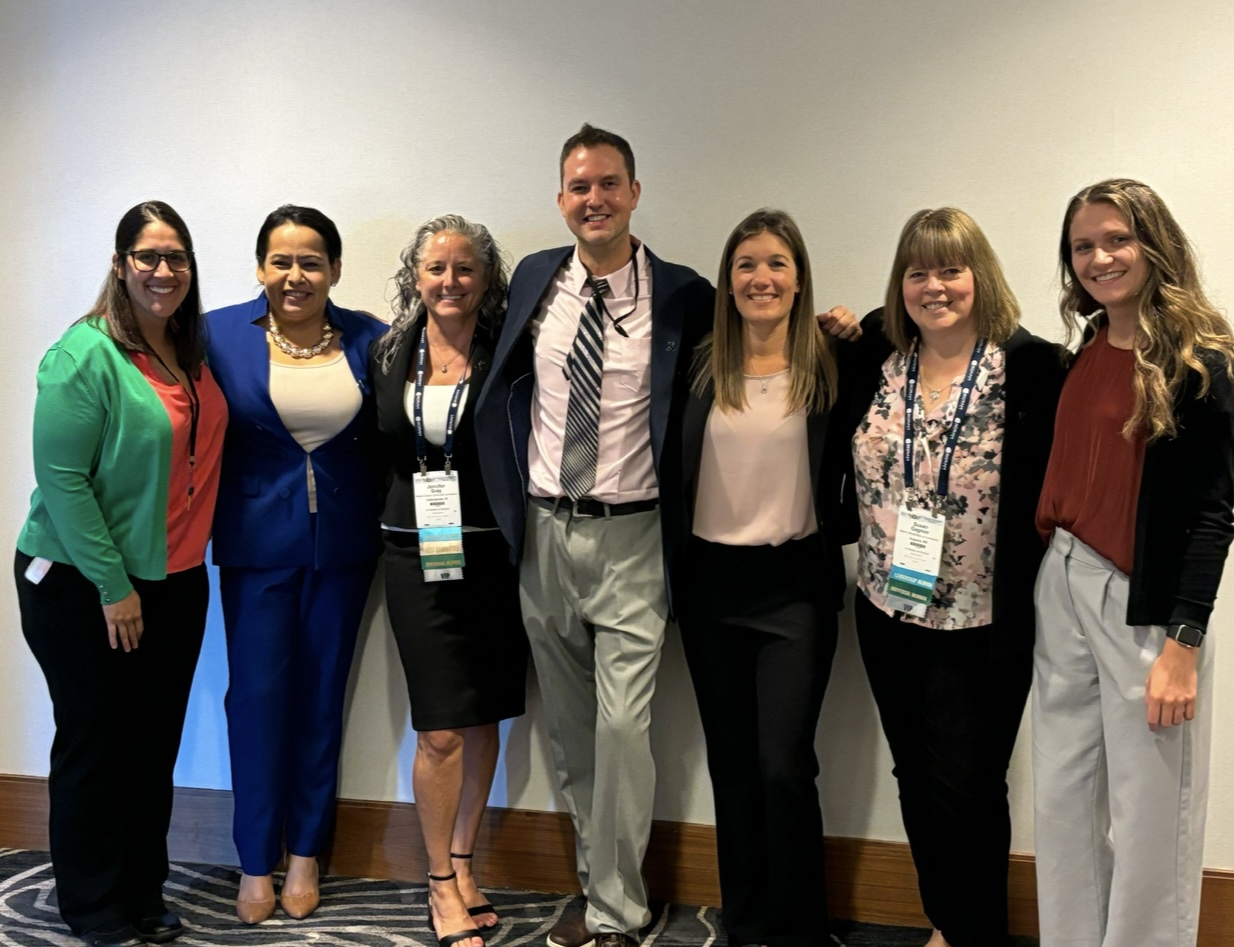

Carmen, love having you share your insights with us. Before we ask you more questions, maybe you can take a moment to introduce yourself to our readers who might have missed our earlier conversations?
My passion for the law began many years ago, as a child. I was obsessed with Superman and Wonder Woman and how they helped those in need. Of course, I did not know yet that some non-caped people had jobs helping others. Growing up, I noticed that the systems in place were not always just or fair. In high school, I was part of a program called City Links that connected English as a Second Language students with jobs of their interest. I selected to work at the police department, which became my turning point. It helped me realize that while I didn’t want to be a police officer, I wanted to be part of the Criminal Legal system. First, I started working with the federal government and then the state government, specifically the Massachusetts Probation Service (MPS). Today, I serve as the Deputy Commissioner for Pretrial Services for the MPS after serving as a support staff, Probation Officer, Chief Probation Officer, and Regional Supervisor. Concurrently, I continued my studies and obtained a master’s degree. Subsequently, I enrolled and graduated from a dual PhD and JD program. I have served as an adjunct professor and consultant with local, state, and federal entities, providing expertise in leadership capacity, DEI, gender issues, curriculum development, sex crimes, and serial killings.
I have consistently branched out and have continued challenging myself and creating opportunities in and out of the criminal legal system.
I am an APPA Leadership Institute Coordinator—a one-year leadership program for emerging leaders. I serve on the National Association of Probation Executive Board of Directors, Executive, Enroot, Cambridge Community Services, and the Governor’s Criminal Record Review Board. I am the co-founder and former member of the Foundation for Non-Violent Action. I am the lead organizer of the Massachusetts Trial Court Cultural Appreciation Week and the Co-Chair of the Trial Court’s Equity Subcommittee.
I have organized the Massachusetts Trial Court’s first annual Women’s History Month Celebration since 2021 and am the Co-Chair of the APPA’s Women’s Symposium. Organizing these programs has given me much professional accomplishment and satisfaction. I am committed to advancing women’s rights and securing recognition for our contributions. I am a national speaker in Racial Justice, Women’s Rights, Leadership Capacity, and Wellness.
I am the recipient of the 2024 American Probation and Parole Association Carmen Rodriguez Member of the Year Award, the 2020 Amplify Latinx Latina Leader in the category of Government and Public Policy, the 2019 Martin Luther King Spirit Award, the 2018 Mutual of America Community Partnership – Rosie’s Place, 2017 Mutual of America – United States Mint Liberty Coin, 2017 Excellence Award Massachusetts Trial Court, 2017 Women of Distinction, 2015 One of the 100 Most Influential Hispanics in Massachusetts, 2012 Excellence Award Massachusetts Trial Court, and Distinguished Alumna in Liberal Arts, Humanity, and Education. I have devoted most of my life to public service, civil rights, wellness, leadership, and community engagement. I create and support systems that embrace diversity, equality, inclusion, access, and a fair and just legal system. I call myself a professional disrupter and change agent.
There have been many motivators and inspirations in life, but the biggest have been my mom, siblings, and now my children. I will continue to work to dismantle systems of oppression and create paradigm shifts that can protect people from systemic adverse outcomes.

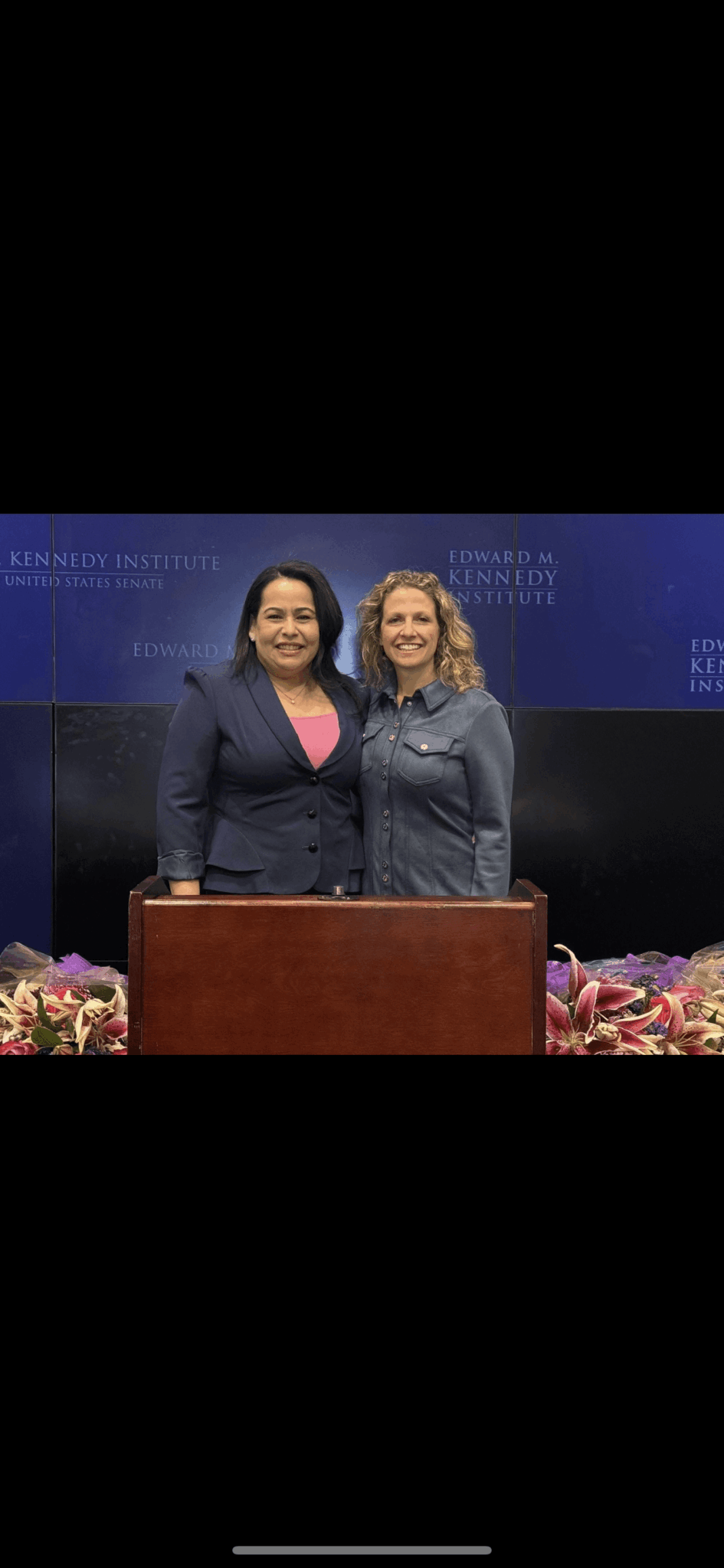
Any stories or insights that might help us understand how you’ve built such a strong reputation?
Empathy and humanity.
As a probation officer, I was intentional about helping people in a way that worked for them. I rejected the idea that it was my job to change people, I focused on their needs, and encouraged them to be authentic. We worked on developing skills to help them grow, not feeling shame. I understood that asking someone who had never been whole to ‘rehabilitate’ was unrealistic and degrading.
We strived for transformation by reinforcing the importance of their culture, religion, sexual identity, and the many other things that made them who they were. We often lacked
Once I became a leader, I continued practicing empathy and humanity. I wanted and still want my teams and the staff I interact with to know that I value them as humans first. By listening and creating alignment, I have gained the respect of my peers and my teams.
Additionally, I prioritize learning. My system knowledge has helped me gain credibility, confidence, and expertise which has served as a source of trust for others.
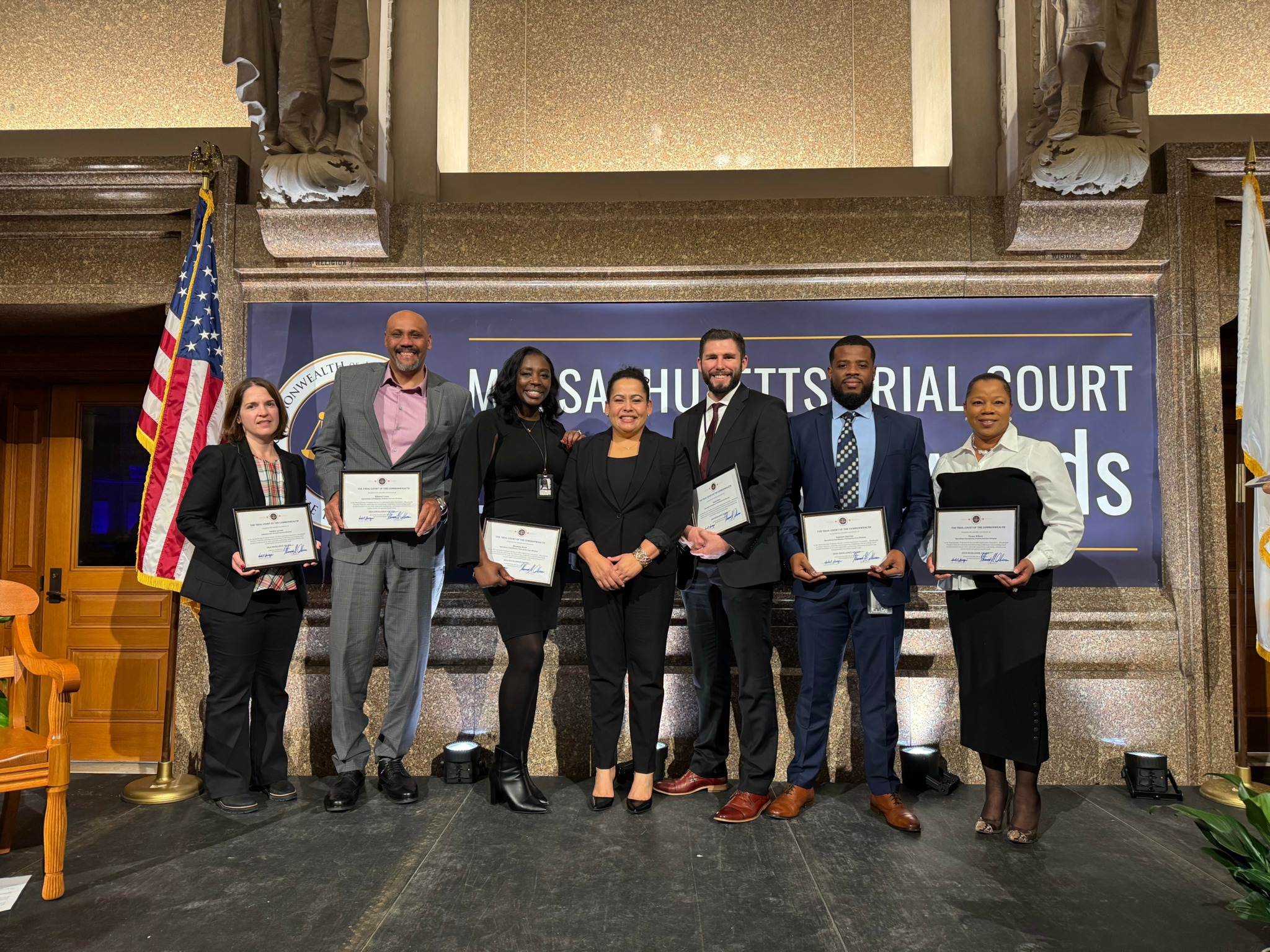

Can you share a story from your journey that illustrates your resilience?
In 2013. I was appointed Chief Probation Officer of the Chelsea District Court. I was incredibly excited to take on this position for many reasons, including the fact that I would be leading a department in a predominantly Hispanic community. A month after my appointment, I arrived early to find a typed note under my door stating, YOU SHOULD BE CLEANING BATHROOMS AND NOT SITTING IN THE CORNER OFFICE. I didn’t know what to do, but I knew that people were counting on me to lead them through challenging work outside my office. I folded the note and put it in my work bag. I went home that evening and showed it to my mom and sisters. In true fashion, my mom said Who gives a——, if you are offended by that note, it means that you think you are better than the people who clean bathrooms. She schooled me, so I continued with whatever I was doing since clearly my mom didn’t think it was a big deal, and decided to enjoy the rest of the day with my family. The following week they returned with a gift in hand. They had framed the note I thought had gone in the trash the week before. My mom looked at me and said, You cannot let other people decide your worth. Not everyone deserves a reaction from you. Decide if they have any significance in your life. That’s what I chose to do; people and things were now significant or insignificant. I still have the note. I still have the note. I occasionally look at it whenever I feel like I need inspiration.
Contact Info:
